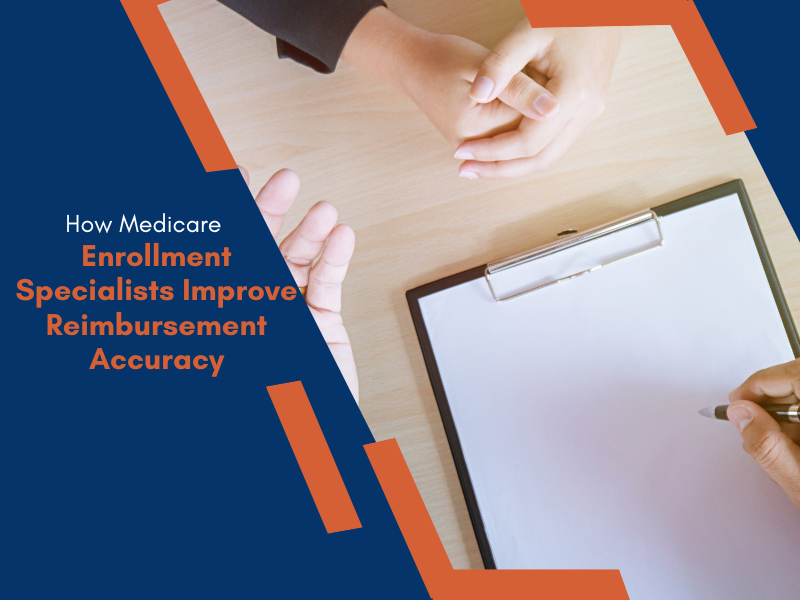
Within the realm of healthcare, a medical license is more than a mere credential; it signifies a practitioner’s competence, dedication, and commitment to upholding ethical standards. Medical professionals bear the crucial responsibility of safeguarding and enhancing the health of individuals and communities. Nevertheless, the honor of possessing a medical license comes with a weighty obligation. This article delves into the pivotal topic of reasons that can lead to medical license revocation and suspension, serving as an instructive guide for healthcare practitioners to sustain the highest levels of care, professionalism, and moral integrity.
- Medical Negligence and Malpractice: In their pursuit of excellence, medical professionals occasionally confront intricate cases demanding high-stakes decisions. Tragically, errors can transpire, resulting in instances of medical malpractice and negligence. Examples encompass misdiagnosis, surgical mishaps, and improper treatment, which can lead to grave harm to patients. When these errors can be attributed to negligence or a deviation from established standards of care, the repercussions can be severe, encompassing the forfeiture of one’s medical license. Precision in decision-making, ongoing education, and transparent communication with patients are indispensable for averting such predicaments.
- Criminal Offenses and Professional Misconduct: A medical license is more than a badge of clinical expertise; it embodies an unwavering commitment to ethical conduct and professional integrity. Involvement in criminal activities or professional misconduct, encompassing acts like prescription fraud, drug diversion, or even assault, breaches this pact of trust and can precipitate license revocation. Medical professionals occupy positions of authority and influence, and their actions have repercussions on patients and the reputation of the healthcare system. Adhering to the law and upholding the loftiest moral standards are imperative for the preservation of a medical license.
- Substance Abuse and Impairment: The stressors inherent to the medical field can sometimes catalyze issues with substance abuse. Although acknowledging the taxing nature of healthcare is crucial, practicing medicine under the influence of drugs or alcohol imperils patient lives and undermines the integrity of the profession. Identifying signs of impairment, seeking assistance, and undergoing rehabilitation are pivotal steps for healthcare professionals grappling with substance abuse. Ignoring these concerns can culminate not only in license revocation but also in irreparable harm to patients.
- Fraudulent Practices: The bedrock of quality healthcare rests on trust between patients and medical professionals. Participation in fraudulent practices, including billing for unrendered services or submitting false insurance claims, erodes this trust and can culminate in medical license revocation. Financial exploitation of patients and insurance fraud not only contravene ethical standards but also attract legal repercussions. Adhering to transparency, honesty, and ethical billing practices is pivotal to sustaining an esteemed medical career.
- Breach of Patient Confidentiality Confidentiality: It constitutes the cornerstone of doctor-patient relationships. Unauthorized sharing of patient information or failure to enact secure information management protocols can lead to license revocation. Breaches of patient confidentiality not only imperil individual privacy but also cast aspersions on the reputation of the healthcare system. Medical professionals are both legally and ethically obligated to protect patient information, reinforcing the trust patients repose in their care.
- Laxity in Continuing Medical Education (CME) Requirements: The realm of medicine is in a constant state of flux, characterized by novel research, technologies, and treatments. Neglecting the obligation of continuous medical education (CME) can engender obsolete knowledge and subpar patient care. Regulatory bodies necessitate medical professionals to fulfill specific CME prerequisites to ensure they remain well-informed and adept. Non-compliance with these requisites can lead to the suspension or revocation of a medical license. Embracing a commitment to lifelong learning not only benefits patients but also showcases a dedication to the medical field.
- Inadequate Documentation and Record Keeping: Exhaustive and accurate medical documentation plays a pivotal role in patient care, communication, and legal protection. Inadequate record-keeping, such as incomplete or inaccurate medical records, can have far-reaching implications. Medical professionals could find themselves at risk of license revocation due to potential legal challenges and compromised patient care arising from deficient documentation. Prioritizing meticulous record-keeping practices is not only a professional duty but also a strategy for ensuring patient safety and effective communication among healthcare teams.
Conclusion
A medical license is a privilege earned through years of learning, training, and unwavering commitment. It signifies the trust patients vest in medical professionals and the pledge to deliver top-tier care. By recognizing and addressing the triggers that could culminate in license revocation, healthcare professionals can preserve their careers, protect patient well-being, and contribute to a healthcare system grounded in integrity, competence, and empathy. Amid an ever-changing landscape, upholding ethical standards, pursuing ongoing education, and prioritizing patient safety are imperative components of a gratifying and successful medical journey.
References
- American Medical Association (AMA) – ama-assn.org
- Medscape – medscape.com
- Medical Board of California – mbc.ca.gov
- Substance Abuse and Mental Health Services Administration (SAMHSA) – samhsa.gov
- American Society of Addiction Medicine (ASAM) – asam.org
- HealthIT.gov – healthit.gov
- Office of Inspector General (OIG) – oig.hhs.gov
- HealthIT.gov – healthit.gov
- Accreditation Council for Continuing Medical Education (ACCME) – accme.org
- American Health Information Management Association (AHIMA) – ahima.org





